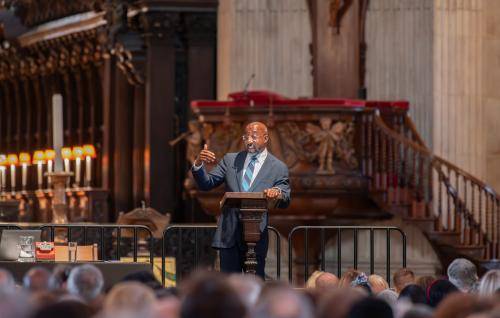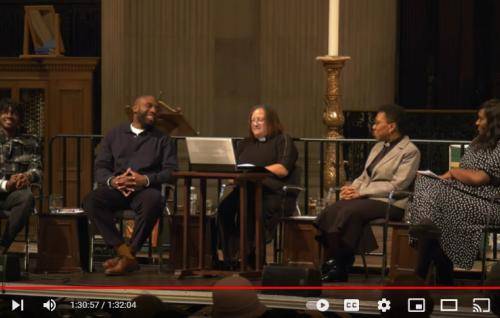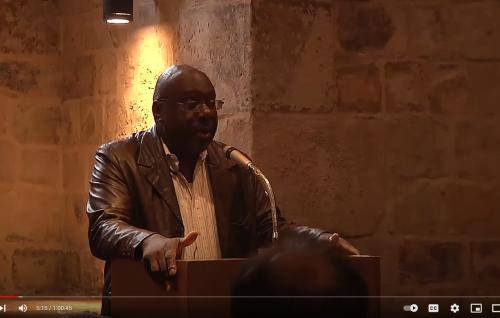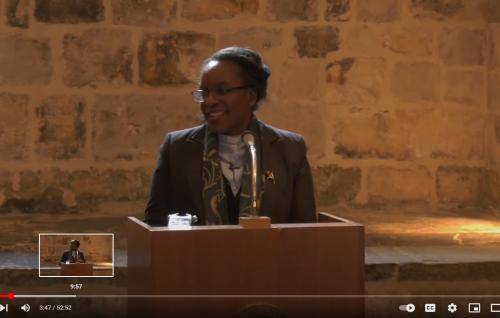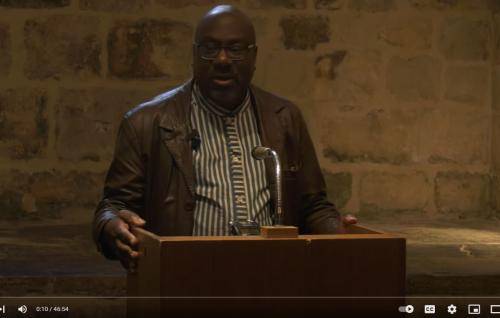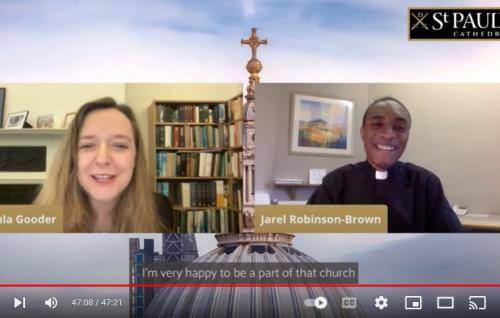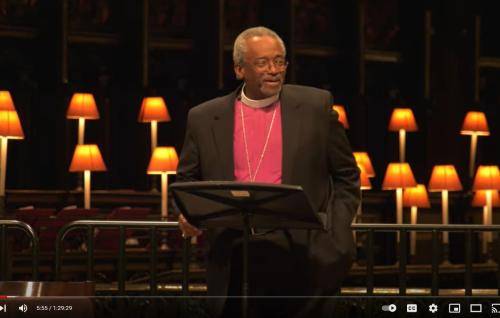Racial justice
Racial justice
Find resources to help your community engage in tackling discrimination.
We are committed to creating a Cathedral for all people to celebrate diversity – in the name of Jesus, who loved everyone and especially those who were excluded, oppressed or unheard.
Explore the resources and videos below to help create a more inclusive environment in your community.
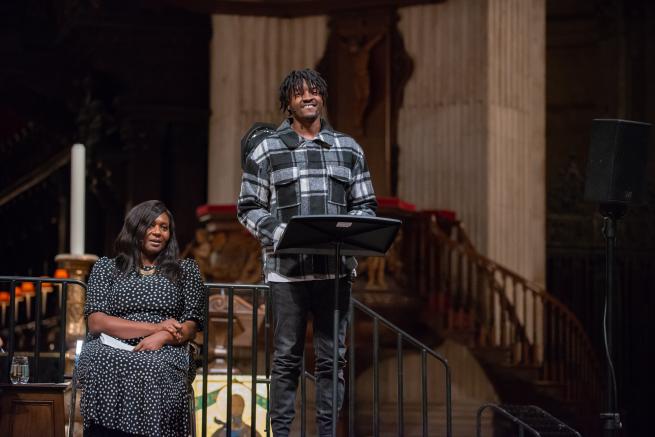
What you can do
Understand unconscious bias
Educate yourself on how unconscious bias works and take a test to understand your own internal bias. Project Implicit is run by Harvard University, and offers some simple online tests to show you how biased you are when associating specific traits and roles with race and ethnicity, as well as gender and other characteristics.
Try some group work
The Susanna Wesley Foundation offer a conversation guide that can be used in small groups to discuss issues of diversity, otherness and privilege. This exercise could help your church to explore each other’s different identities and lived experiences.
Our work on racial justice
We are committed to addressing our imperial past, working towards social justice and making St Paul’s Cathedral a loving, inclusive and accessible environment for all.
We are working with academics, artists, creatives and Christian thinkers to challenge assumptions, stimulate thinking and inspire action for change. Our current partnerships include the Inclusive Christian Heritage project, which is funded by Durham University.
In collaboration with the University of York, we launched the Pantheons project. Part of this project – 50 monuments in 50 voices – seeks to bring together, across a single calendar year, 50 diverse individuals to each talk about, or make visual or musical work inspired by, a single monument from the Cathedral. The monuments themselves incorporate a diverse selection of individuals, sculptural styles, materials, and references to historical periods and geographical regions, which we are hoping to match, for the first time, with voices equally wide-ranging.
Through this project, we acknowledge that who we remember over time and who we forget, the stories we tell and the stories we suppress, say a lot about who we are and about what we think is important – or not. It matters that we should remember the past, including the stories we have not yet told, in order to know how to live together in the present and look to the future.
We maintain our commitment to equal representation through speaker selection at events.
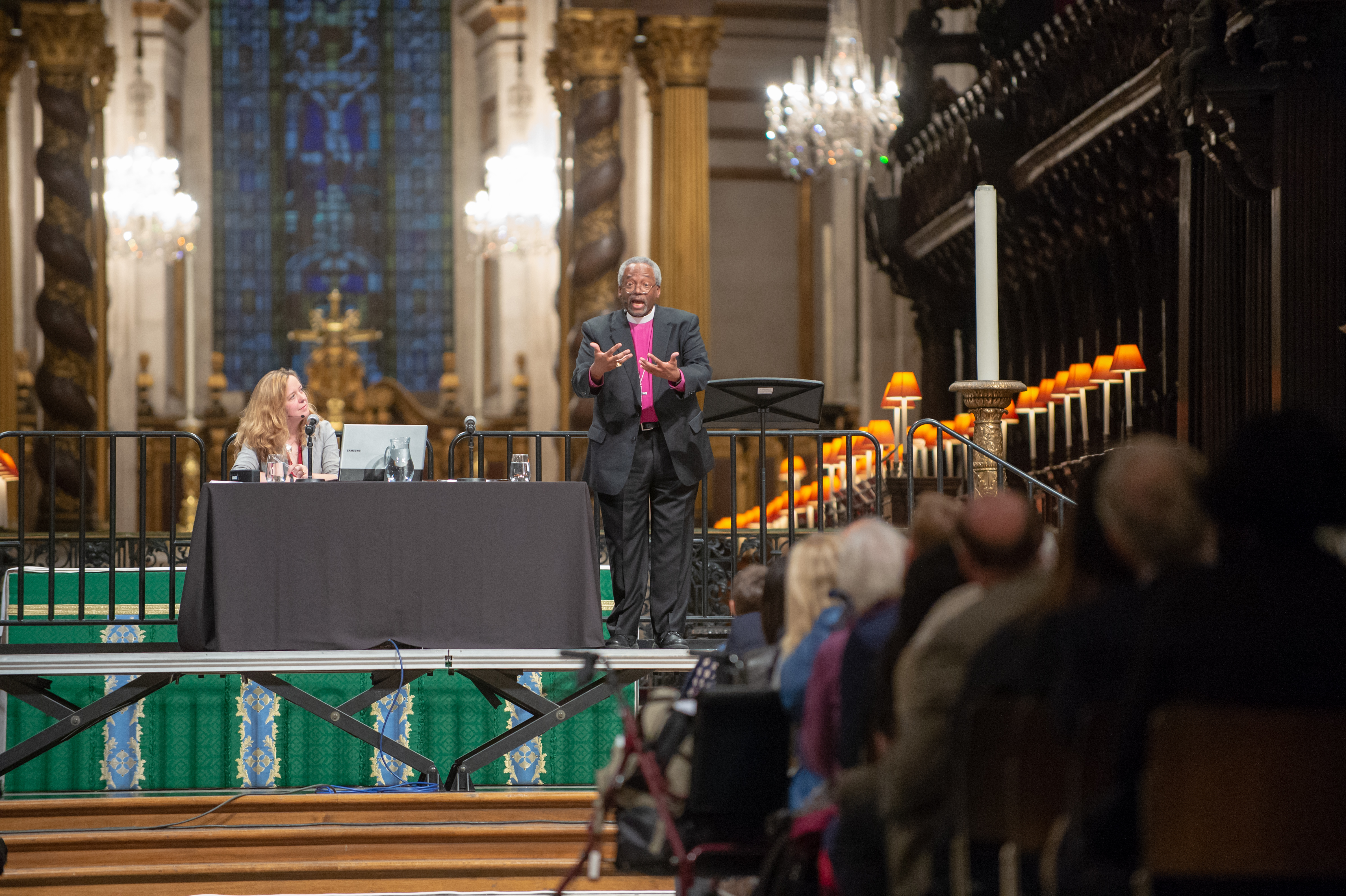
Christian learning resources
Find films, podcasts and written reflections exploring a huge range of subjects in our learning library – from Rowan Williams’ talk ‘Jesus Christ: The Unanswered Questions to A Spirituality of the Body’ to David Suchet’s mesmerising reading of the whole of the Gospel According to Mark.






